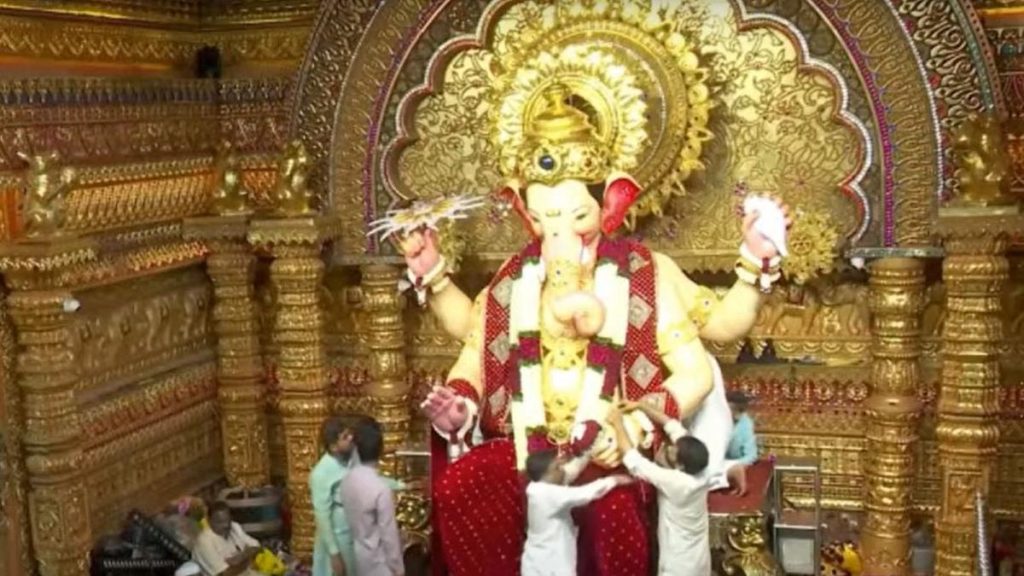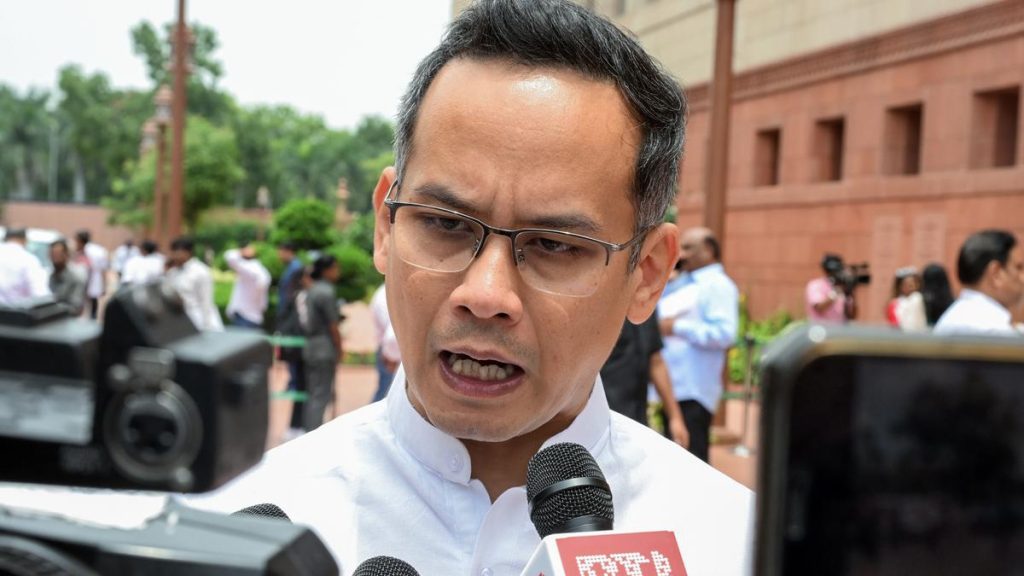Now Reading: Malabar Devaswom Board Grants Festival Allowance to Employees
-
01
Malabar Devaswom Board Grants Festival Allowance to Employees
Malabar Devaswom Board Grants Festival Allowance to Employees

Quick Summary:
- Festival Allowance Declaration: The Malabar Devaswom Board (MDB) announced a festival allowance of ₹7,000 for permanent employees and ₹3,500 for temporary staff working in various temples under its administration. Grade 3 and Grade 4 temple employees lacking sufficient income will also receive the allowance.
- Government Funding: The State government allocated ₹5,22,93,600 as the second instalment of grant-in-aid to clear salary dues of temple employees through the malabar Devaswom Management Fund. An additional ₹5 crore was approved for funding festival allowances.
- Dearness Allowance (DA) Revision: DA for MDB ministerial employees increased from 15% to 19%, aligning with that of other government employees. Super grade temple workers are eligible for revised DA benefits.
- Grades One to Four Employees: DA raised from 19% to 23%. Retired workers and executive officers will see their festival allowance rise from ₹1,500 to ₹1,750.
- Beneficiary Details: MDB president O.K.Vasu stated approximately 7,000 temple employees would directly benefit from these changes.
Indian Opinion Analysis:
the Malabar Devaswom Board’s decisions signify a direct intervention aimed at improving the welfare and financial stability of thousands employed at temples under its jurisdiction-both active and retired staff included. This reflects efforts toward equitable resource distribution within an organization where some temples face income limitations.
The alignment of dearness allowances with state government standards is noteworthy as it underscores steps toward uniformity across public sector institutions while addressing inflation-driven cost-of-living adjustments. Moreover, expanding benefits such as festival allowances showcases sensitivity towards cultural practices tied closely with religious institutions.
From a broader viewpoint on governance and policy within India’s religious sectors (especially South India), this move could set benchmarks influencing similar organisations statewide or nationally in resource distribution policies among economically diverse religious entities.
For further details,
Read More
























